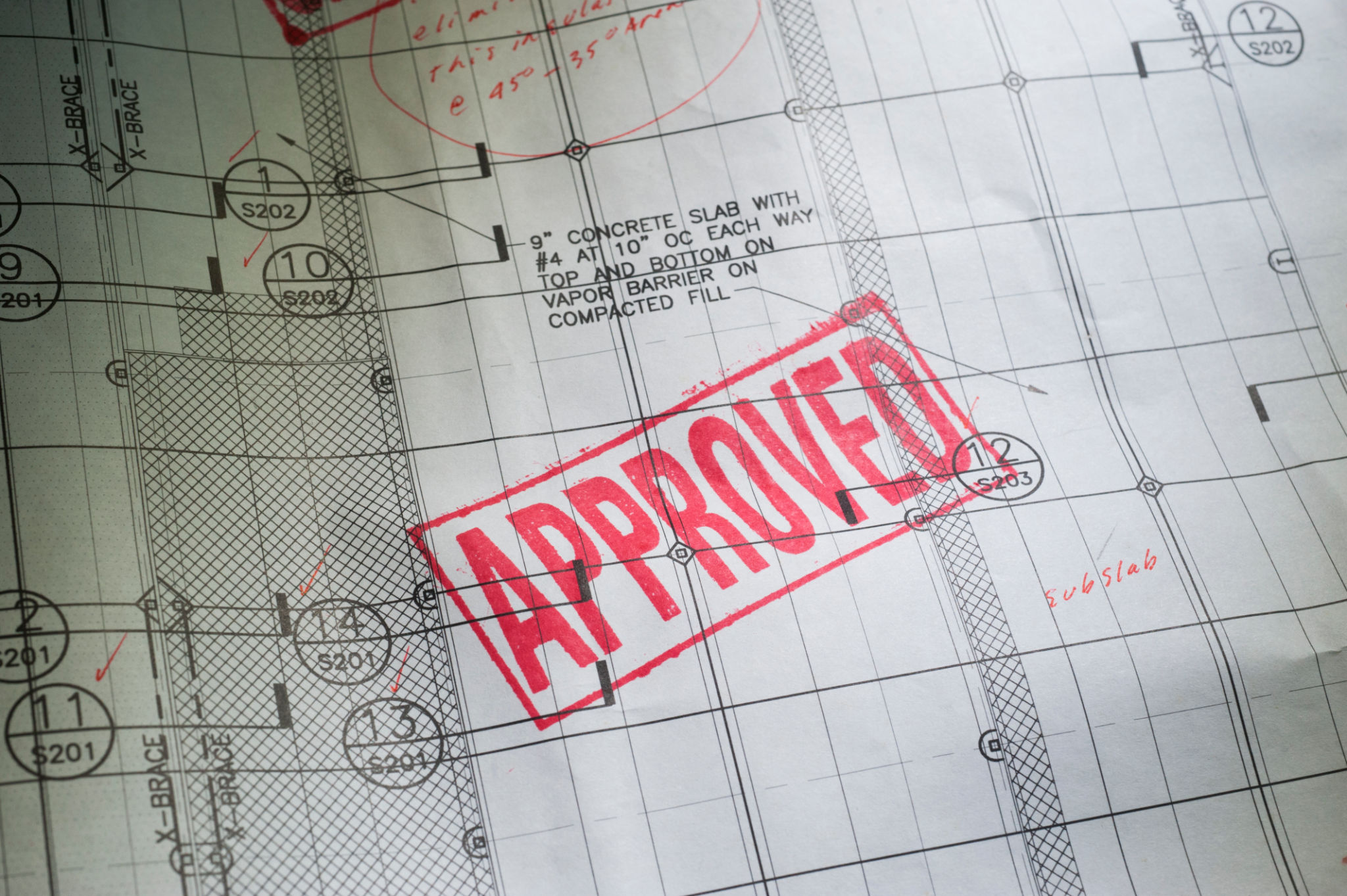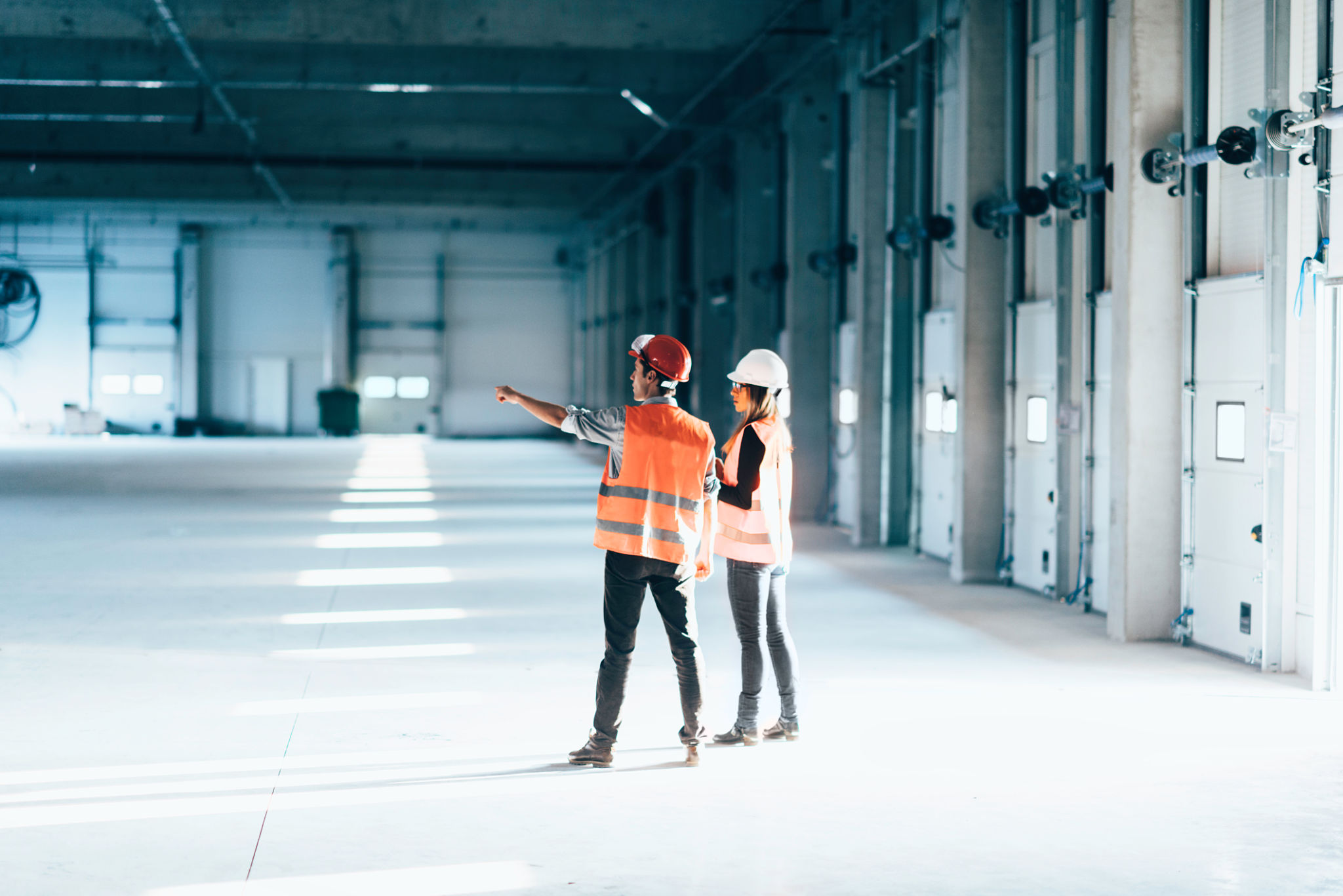Understanding Local Regulations: A Guide for Building in King County
Understanding Local Regulations in King County
Building a property in King County can be an exciting venture, but it's crucial to understand the local regulations that govern construction projects. Navigating these regulations can ensure a smooth process and help avoid costly delays or fines. This guide provides an overview of the key aspects you need to consider when planning your project.
Building Permits and Zoning Laws
One of the first steps in any construction project is obtaining the necessary building permits. In King County, this involves submitting detailed plans that comply with the county's zoning laws. These laws dictate what types of buildings can be constructed in specific areas, taking into account factors such as land use, building height, and density.
Zoning laws are essential for maintaining the character of neighborhoods and ensuring that development aligns with community standards. It's important to consult the King County Department of Permitting and Environmental Review (DPER) to verify that your plans meet all zoning requirements.

Environmental Considerations
King County places a strong emphasis on environmental protection, which is reflected in its building regulations. Builders must consider how their projects will impact local ecosystems, especially in areas near bodies of water or designated wildlife habitats. This might involve conducting environmental assessments or implementing measures to mitigate any adverse effects.
Certain areas may also be subject to additional regulations aimed at preserving natural resources or protecting against natural disasters such as floods or landslides. Understanding these environmental considerations is crucial for compliant building in King County.
Inspections and Compliance
Throughout the construction process, various inspections are required to ensure compliance with building codes and safety standards. These inspections cover everything from structural integrity to electrical and plumbing systems. Failing an inspection can result in delays, so it's important to adhere closely to the approved plans and rectify any issues promptly.

The county provides resources to help builders understand the inspection process and what is expected at each stage. Engaging with these resources can help ensure a seamless progression through the project timeline.
Working with Professionals
Given the complexity of local regulations, many builders choose to work with professionals such as architects, engineers, and contractors who are familiar with King County's requirements. These experts can provide guidance and support throughout the permitting and construction process, helping to ensure that projects stay on track and within legal guidelines.
Hiring professionals who have experience in navigating local regulations can be an invaluable investment, ultimately saving time and reducing potential pitfalls associated with non-compliance.

Staying Informed and Updated
Regulations can change over time, so it's important for builders to stay informed about any updates or amendments to local laws. Engaging with community meetings or subscribing to updates from the King County DPER can provide valuable insights into any regulatory changes that may affect future projects.
Being proactive in understanding and adapting to new regulations not only ensures compliance but also demonstrates a commitment to responsible building practices within the community.
In conclusion, understanding local regulations in King County is a critical component of any successful building project. By familiarizing yourself with the necessary permits, environmental considerations, and inspection requirements, you can navigate the construction process more effectively and contribute positively to the community's development landscape.
